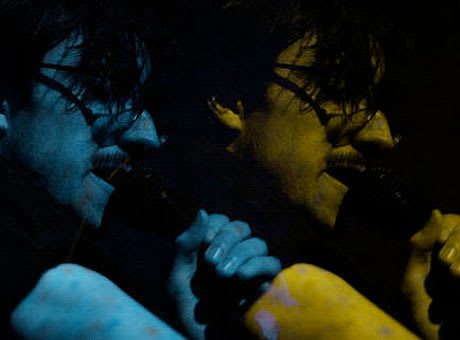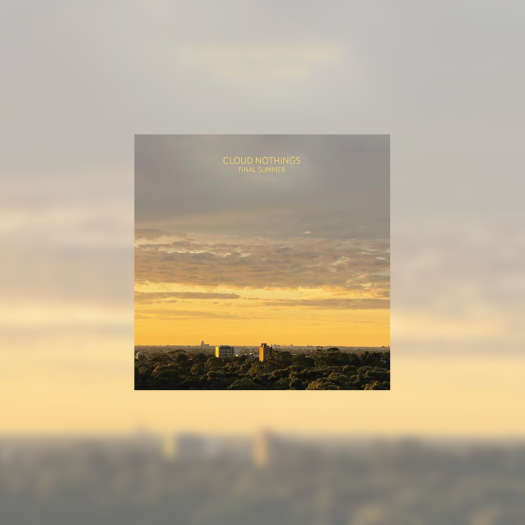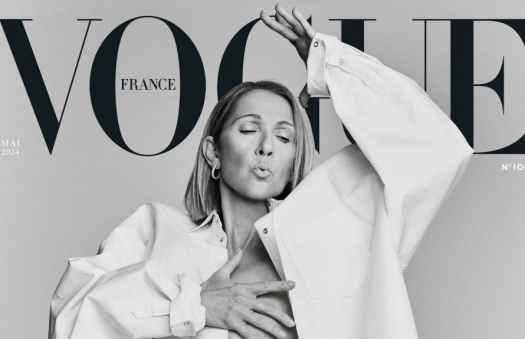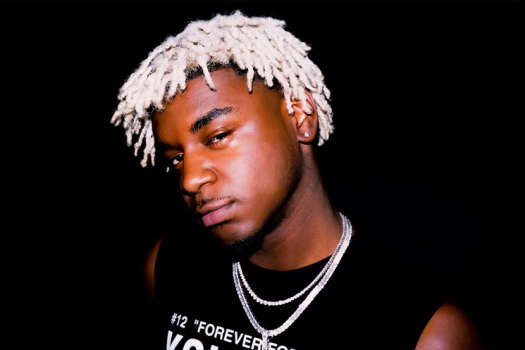As the '90s dawned and computers slowly replaced actual musicians in the studio, the line between R&B producer and R&B singer grew ever more rigid. While superstar studio rats like R. Kelly and Missy Elliott certainly developed successful solo careers, their writing and producing for a wide swath of other artists was what helped define the sound of the decade.
Brooklyn's How to Dress Well and Montreal's Grimes have both drawn inspiration from many '90s R&B stalwarts, adopting the decade's melodies into their ethereal vocals sung over homemade beats and soundscapes. But the era's superstars built their reputations on glitzy music videos and dance-floor-shaking beats, not their live show. So it's not surprising then that as more indie-minded folk have adopted the genre's musical tropes, they've struggled to recreate their headphone jams in front of an audience. With no real template to work from, both acts took a much different approach.
Grimes' Claire Boucher, a small woman with massive range, played the part of R&B producer, standing behind a series of keyboards, samplers and drum machines. Boucher cooed into a mic and manipulated her vocals as she went along, triggering each new element of her songs at will. It was difficult to know where her voice ended and the electronic gear took over, as her voice blended in with her expansive music. Despite pausing several times to ask the audience if the sound was all right, Boucher kept the momentum up throughout her set and certainly won over many in the crowd through her cute, diminutive personality.
Tom Krell, the man behind the How to Dress Well phenomenon, chose a less hands-on approach to his music, performing with a backing track and massive video screen, onto which a partner in the back of the room cued various film clips. Playing the part of R&B singer, Krell crooned through a 45-minute set of his short tunes, bringing attention to his formidable voice rather than the music as a whole. What could have come off as bad karaoke proved to be surprisingly affective, as Krell, despite battling a cold, was able to bring across the emotion behind his music to the audience. Only his decision to take a break in between each tune really cut up the energy of the set.
Whether one act was "better" or "more real" really depends on your perspective. Boucher appeared to be the real musician, actually playing along with her heavily processed voice. It's what we have come to expect after 60 years of watching rock bands do it. But Krell presented himself as something different, but no less true to his music, singing with nothing but a healthy dose of reverb as a safety net. Both performances worked exceedingly well, and as careers progress, we can only expect bigger and better things from these two talented musicians.
Brooklyn's How to Dress Well and Montreal's Grimes have both drawn inspiration from many '90s R&B stalwarts, adopting the decade's melodies into their ethereal vocals sung over homemade beats and soundscapes. But the era's superstars built their reputations on glitzy music videos and dance-floor-shaking beats, not their live show. So it's not surprising then that as more indie-minded folk have adopted the genre's musical tropes, they've struggled to recreate their headphone jams in front of an audience. With no real template to work from, both acts took a much different approach.
Grimes' Claire Boucher, a small woman with massive range, played the part of R&B producer, standing behind a series of keyboards, samplers and drum machines. Boucher cooed into a mic and manipulated her vocals as she went along, triggering each new element of her songs at will. It was difficult to know where her voice ended and the electronic gear took over, as her voice blended in with her expansive music. Despite pausing several times to ask the audience if the sound was all right, Boucher kept the momentum up throughout her set and certainly won over many in the crowd through her cute, diminutive personality.
Tom Krell, the man behind the How to Dress Well phenomenon, chose a less hands-on approach to his music, performing with a backing track and massive video screen, onto which a partner in the back of the room cued various film clips. Playing the part of R&B singer, Krell crooned through a 45-minute set of his short tunes, bringing attention to his formidable voice rather than the music as a whole. What could have come off as bad karaoke proved to be surprisingly affective, as Krell, despite battling a cold, was able to bring across the emotion behind his music to the audience. Only his decision to take a break in between each tune really cut up the energy of the set.
Whether one act was "better" or "more real" really depends on your perspective. Boucher appeared to be the real musician, actually playing along with her heavily processed voice. It's what we have come to expect after 60 years of watching rock bands do it. But Krell presented himself as something different, but no less true to his music, singing with nothing but a healthy dose of reverb as a safety net. Both performances worked exceedingly well, and as careers progress, we can only expect bigger and better things from these two talented musicians.




